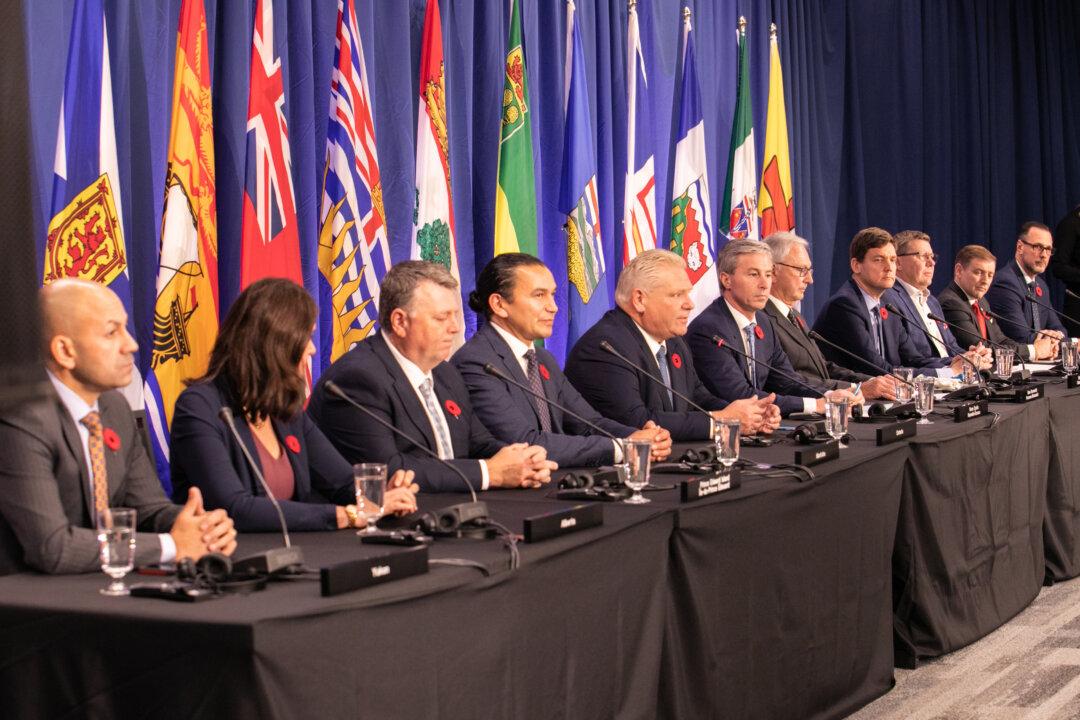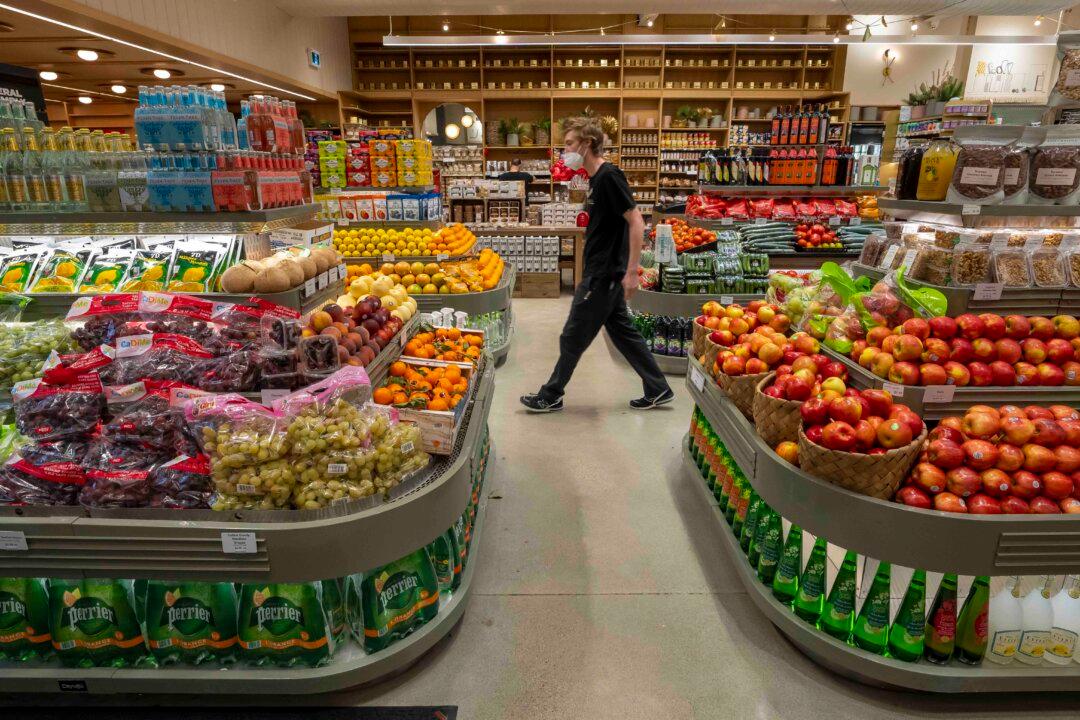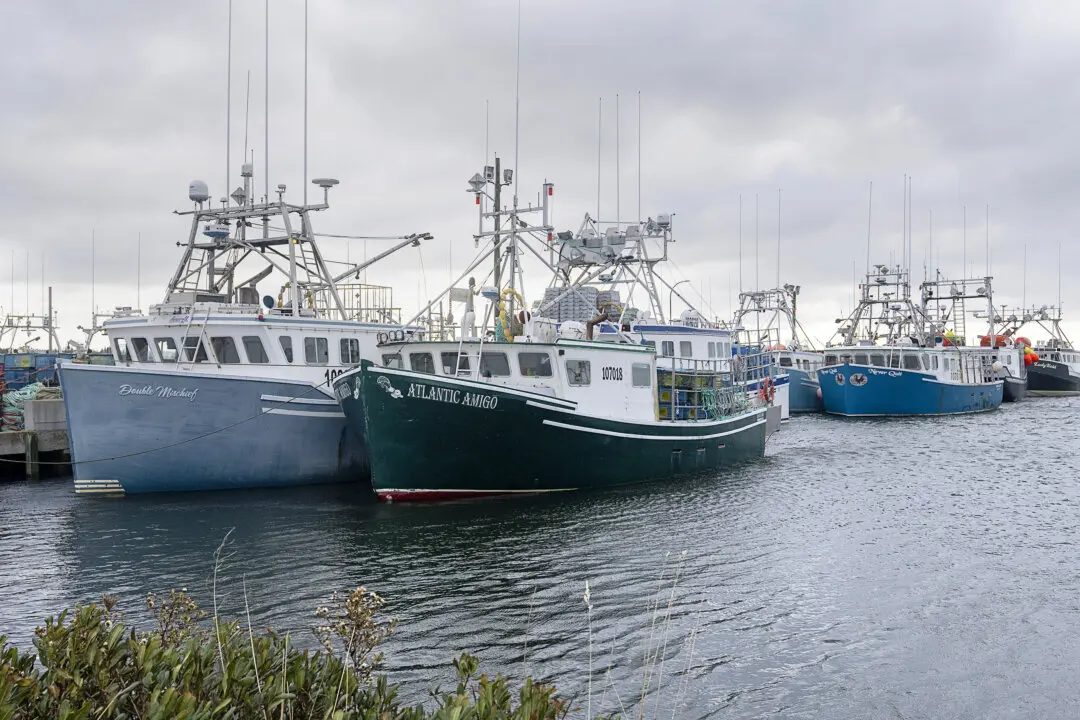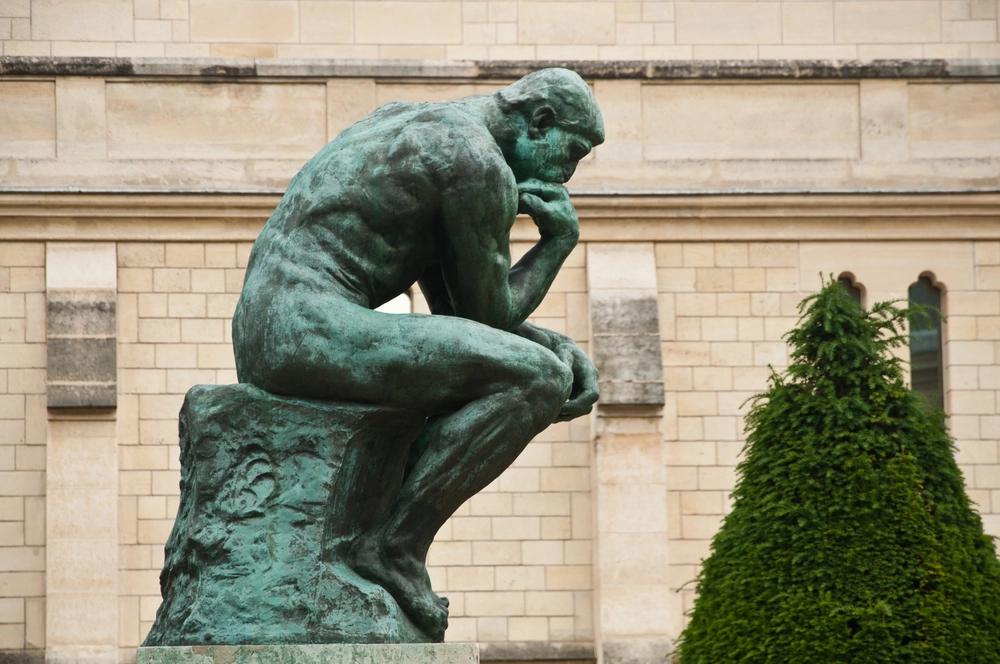Commentary
Canada’s premiers are finally pushing back on the carbon tax as it hits harder and the magic money rebates get less convincing. And you might think it’s weird that the Trudeau administration really believe trace elements of a gas vital to life are the deadliest peril Canadians and humans generally face. But what’s really weird is that the people fighting back all swear they believe these dodgy propositions too. Whatever happened to intelligent thought, or even mindless partisan bickering?





